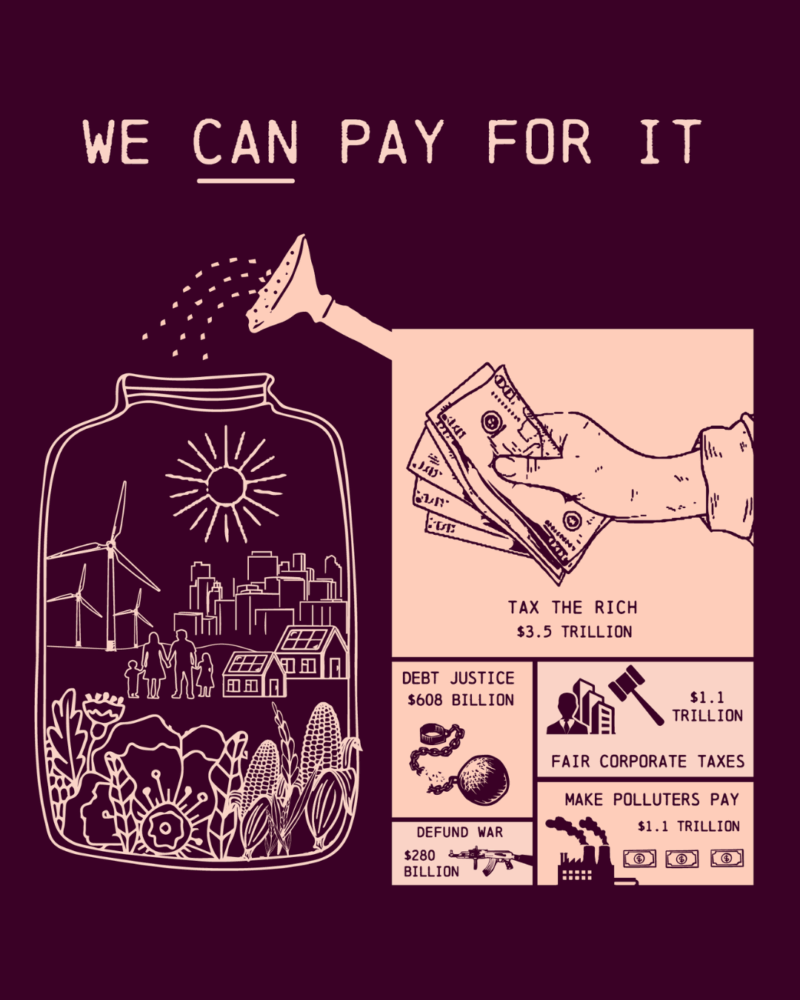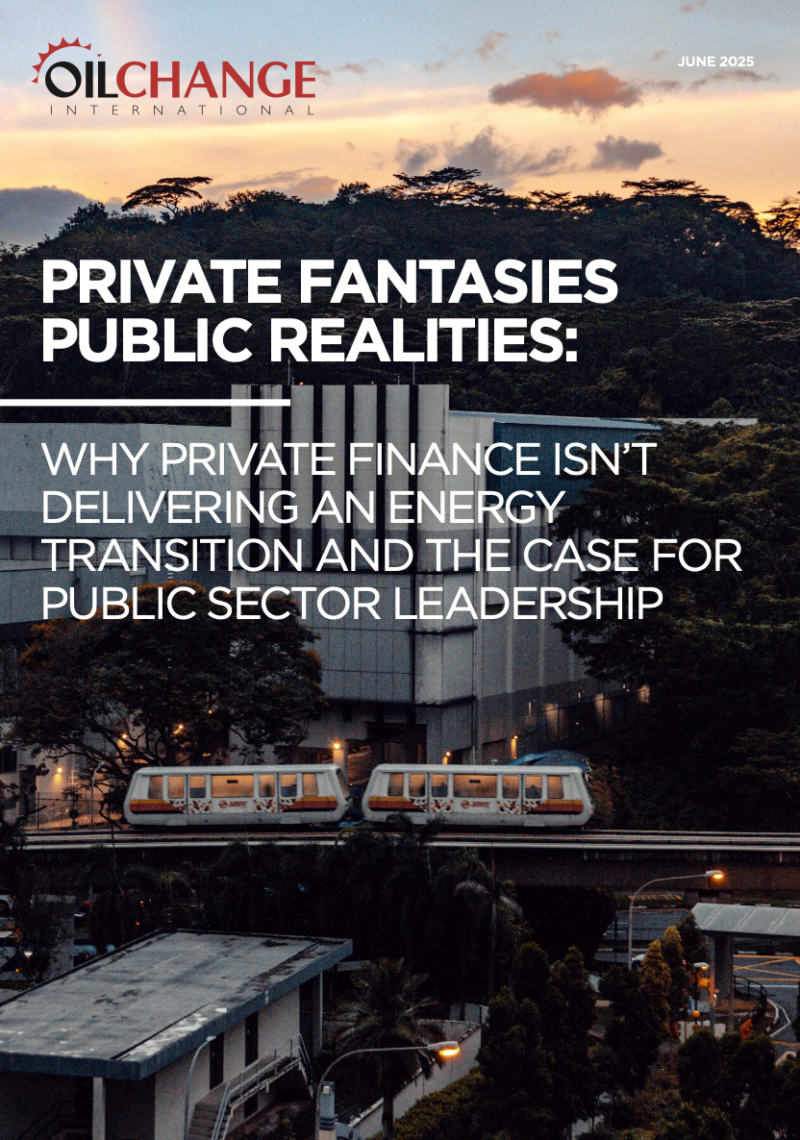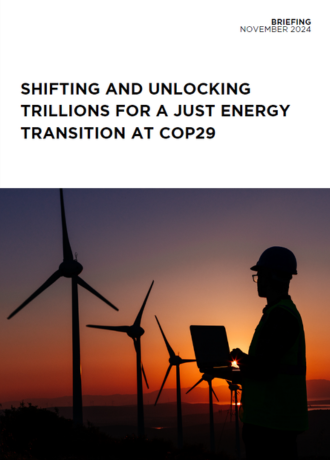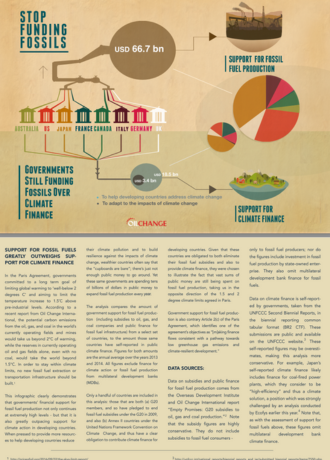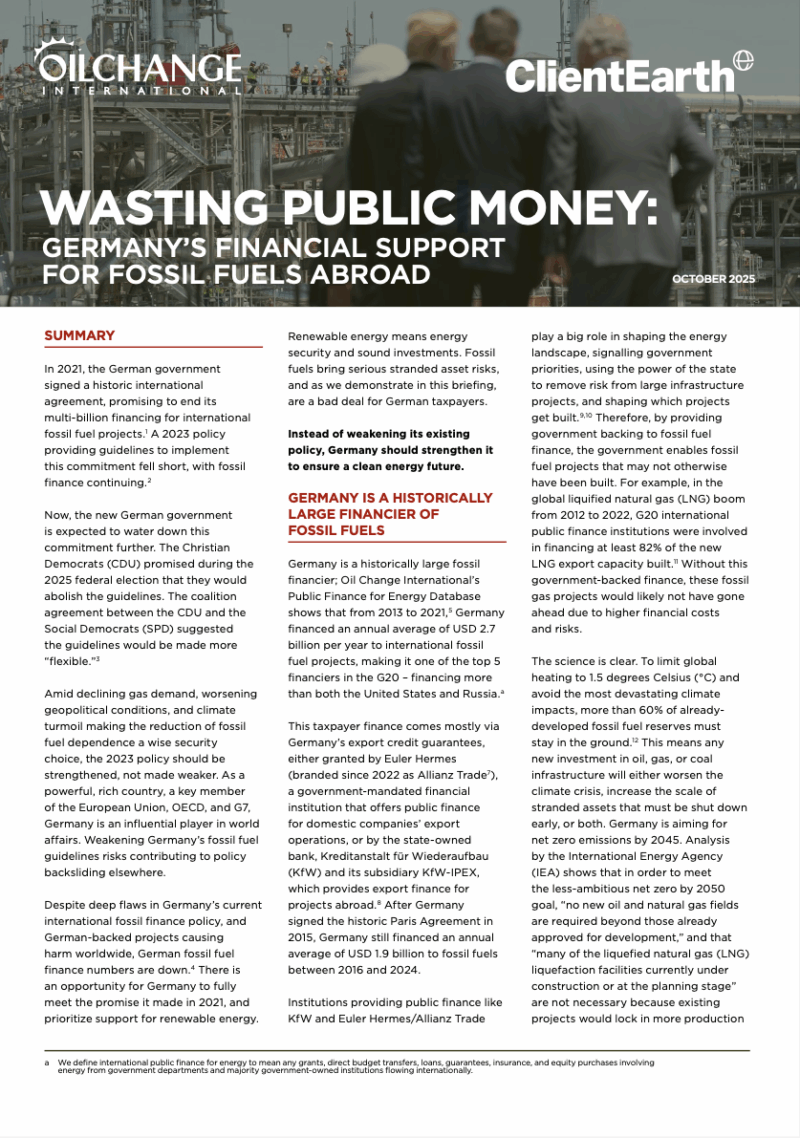
Wasting Public Money: Germany’s Financial Support for Fossil Fuels Abroad
Research released today by Oil Change International and ClientEarth, Wasting Public Money, reveals how Germany is at risk of watering down a 2021 pledge to end taxpayer-backed financing of fossil fuel projects overseas. It outlines Germany’s long-term international role as a significant backer of fossil fuel projects overseas, sounds the alarm that the German coalition may soon seek to weaken their guidelines restricting international fossil fuel finance, and reveals that Germany is considering nearly EUR 1.2 billion in support for overseas fossil fuel projects.

